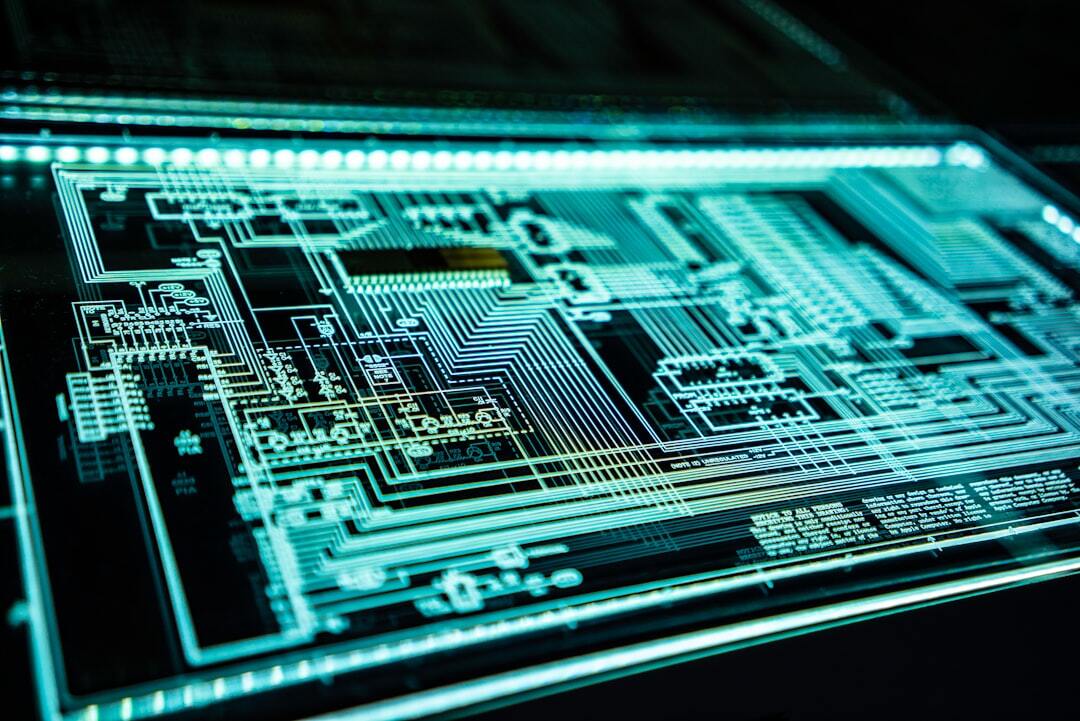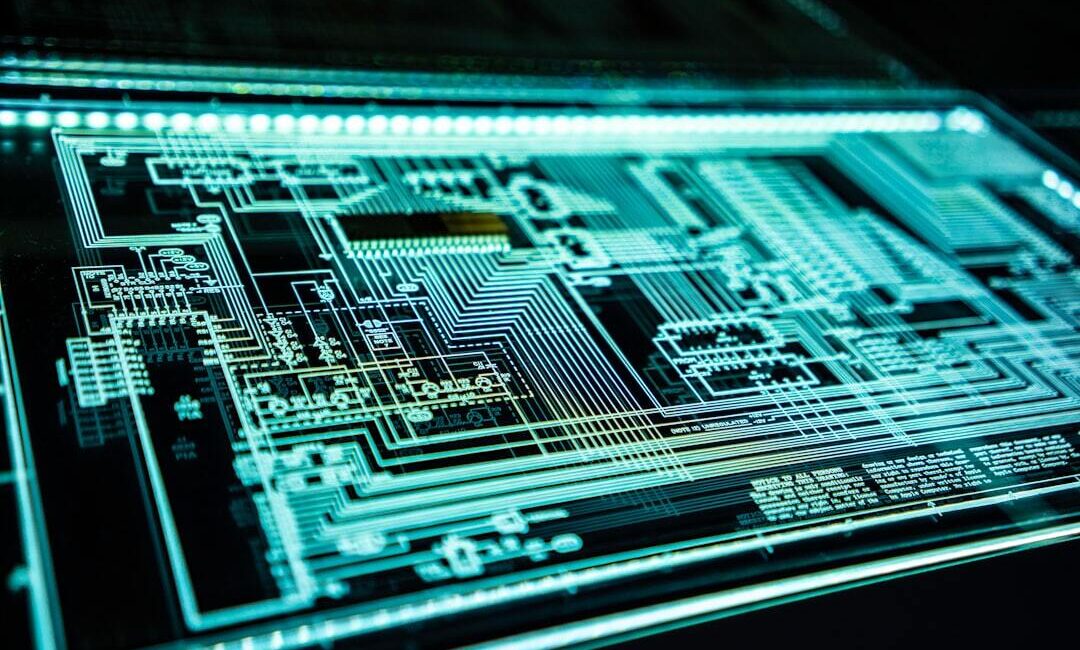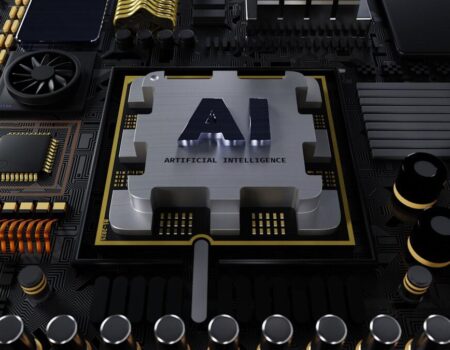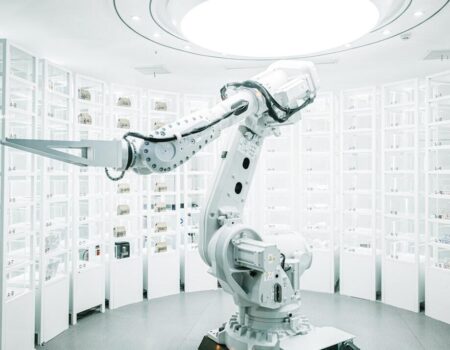 AI and Cybersecurity: Companies Shaping the Future
AI and Cybersecurity: Companies Shaping the Future
This week, we examine the evolving relationship between artificial intelligence and cybersecurity. As AI technologies advance and autonomous systems become more prevalent, securing digital environments has become increasingly crucial. Governments and businesses alike recognize the importance of cybersecurity, making it a key area of investment with promising growth potential.
Understanding AI Cybersecurity
AI-driven cybersecurity refers to the use of artificial intelligence and machine learning to safeguard networks, systems, and data from cyber threats. Unlike conventional security approaches, AI solutions analyze data in real time and use predictive models to identify and address threats efficiently.
Key Features of AI Cybersecurity:
- Threat Detection: AI can identify anomalies and unusual activities that may indicate cyberattacks.
- Automation: AI-powered tools can handle routine security tasks, accelerating response times.
- Adaptability: Machine learning models evolve to counteract emerging threats.
- Scalability: AI cybersecurity solutions are designed for large-scale environments, making them well-suited for enterprises.
The Growing Importance of AI in Cybersecurity
According to the World Economic Forum’s Global Cybersecurity Outlook 2025, the demand for AI-driven security solutions is rising sharply. Cybercrime costs are expected to surpass $10.5 trillion annually by 2025, creating significant opportunities for companies in the cybersecurity space.
Key Factors Driving Market Growth:
- Economic Potential: The global cybersecurity market is projected to exceed $300 billion by 2027, with AI-driven innovations leading the charge.
- Industry Demand: As businesses undergo digital transformation, the need for effective security measures continues to grow.
- AI Integration: Companies incorporating AI into their cybersecurity frameworks gain a competitive edge by enhancing detection and response capabilities.
- Investor Confidence: Industry leaders like Palo Alto Networks and Fortinet are demonstrating strong financial performance and continuous innovation.
Challenges in AI Cybersecurity
While AI enhances cybersecurity, it also introduces new challenges that must be addressed:
- AI-Driven Attacks: Cybercriminals are leveraging AI for sophisticated threats, including adaptive malware and deepfake technology.
- Data Quality: AI systems rely on high-quality data for accuracy; poor datasets can hinder threat detection.
- Implementation Complexity: Deploying AI-driven security solutions requires expertise and resources, which may be a barrier for smaller businesses.
Leading Companies in AI Cybersecurity
CrowdStrike Holdings (CRWD)
CrowdStrike is known for its AI-powered Falcon platform, offering endpoint protection, threat intelligence, and incident response. Despite facing a major IT incident in 2024, the company continued to expand its customer base and reinforce its market position. Its commitment to AI-driven security solutions makes it a key player in the industry.
Palo Alto Networks (PANW)
Palo Alto Networks specializes in next-generation cybersecurity solutions, including its Cortex XDR platform, which integrates AI to enhance threat detection. With a strong global presence and consistent investment in AI and cloud security, the company remains a leader in the sector.
Fortinet (FTNT)
Fortinet offers comprehensive AI-powered security solutions, covering network, cloud, and operational technology protection. Its FortiAI system enhances threat prevention, while its Secure SD-WAN integrates networking and security for hybrid work environments. Fortinet’s market reach and technological innovation position it as a top competitor in cybersecurity.
Other Notable Cybersecurity Companies
- Zscaler (ZS): Provides secure internet access and cloud application protection.
- Okta (OKTA): Focuses on identity management and access control.
- SentinelOne (S): Uses AI-driven security to protect networks from cyber threats.
- CyberArk Software (CYBR): Specializes in securing sensitive data through privileged access management.
- Rapid7 (RPD): Helps organizations identify vulnerabilities and respond to security threats.
- Varonis Systems (VRNS): Monitors data usage and access patterns to enhance security.
- Cloudflare (NET): Enhances web security and performance, protecting sites and applications from cyber threats.
The Future of AI and Cybersecurity
AI is reshaping cybersecurity, enabling organizations to detect, prevent, and respond to threats more effectively. While challenges remain, the increasing integration of AI into security frameworks will play a pivotal role in protecting digital assets.
As AI continues to drive innovation across industries, companies that successfully merge advanced security measures with AI technologies will gain a competitive edge. The intersection of AI and cybersecurity will be critical in maintaining digital trust and ensuring long-term stability in an increasingly connected world.






No Comment! Be the first one.